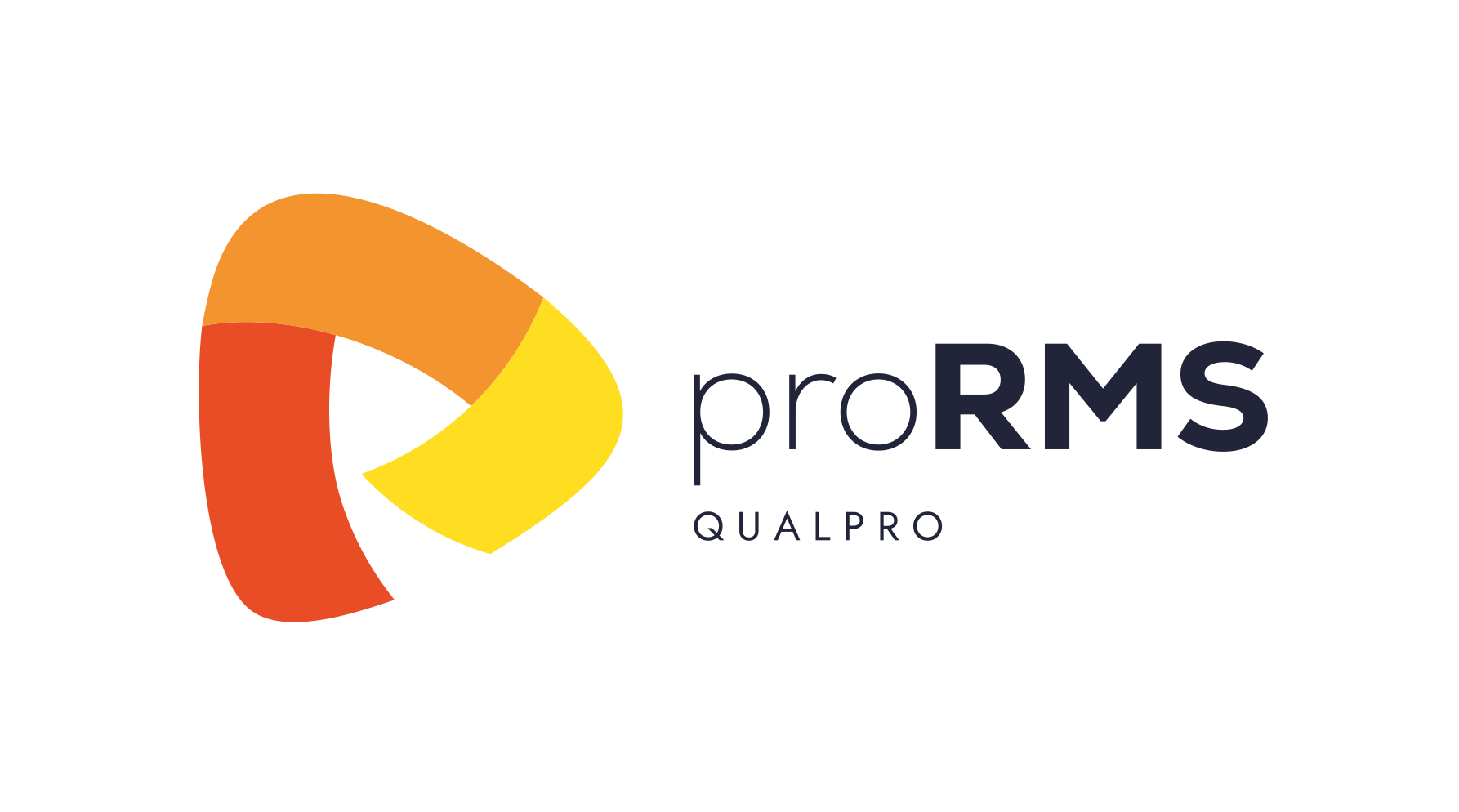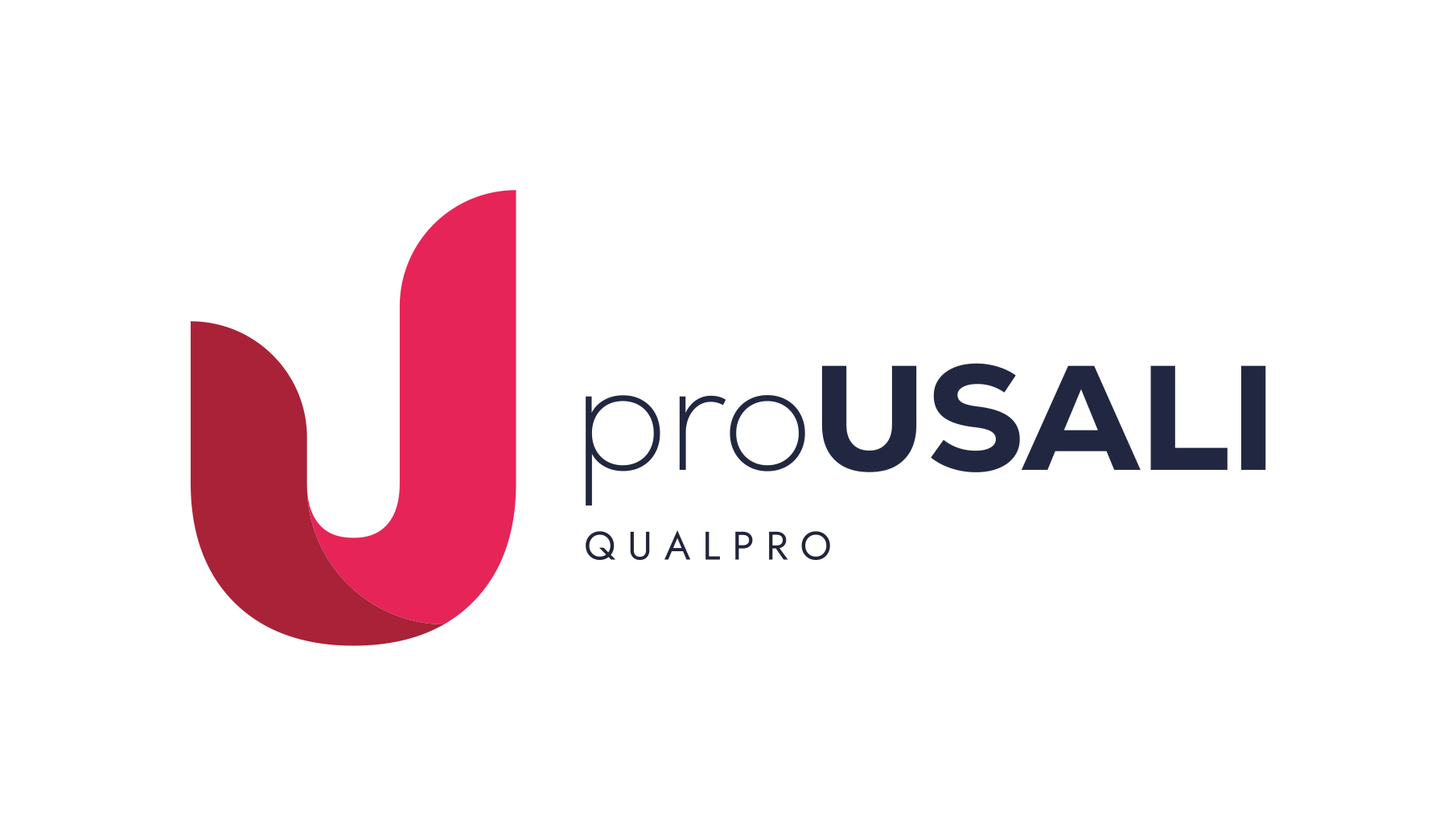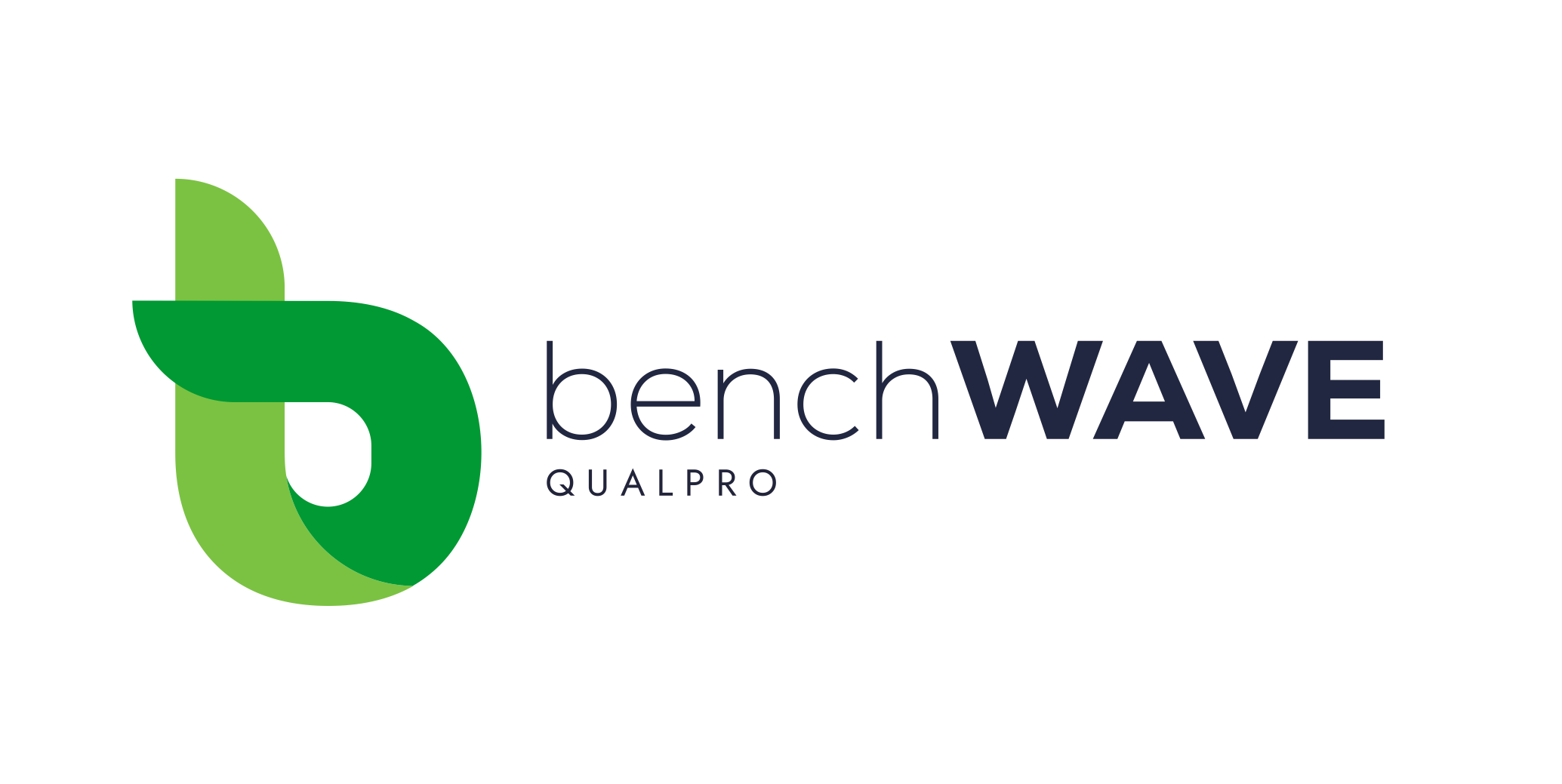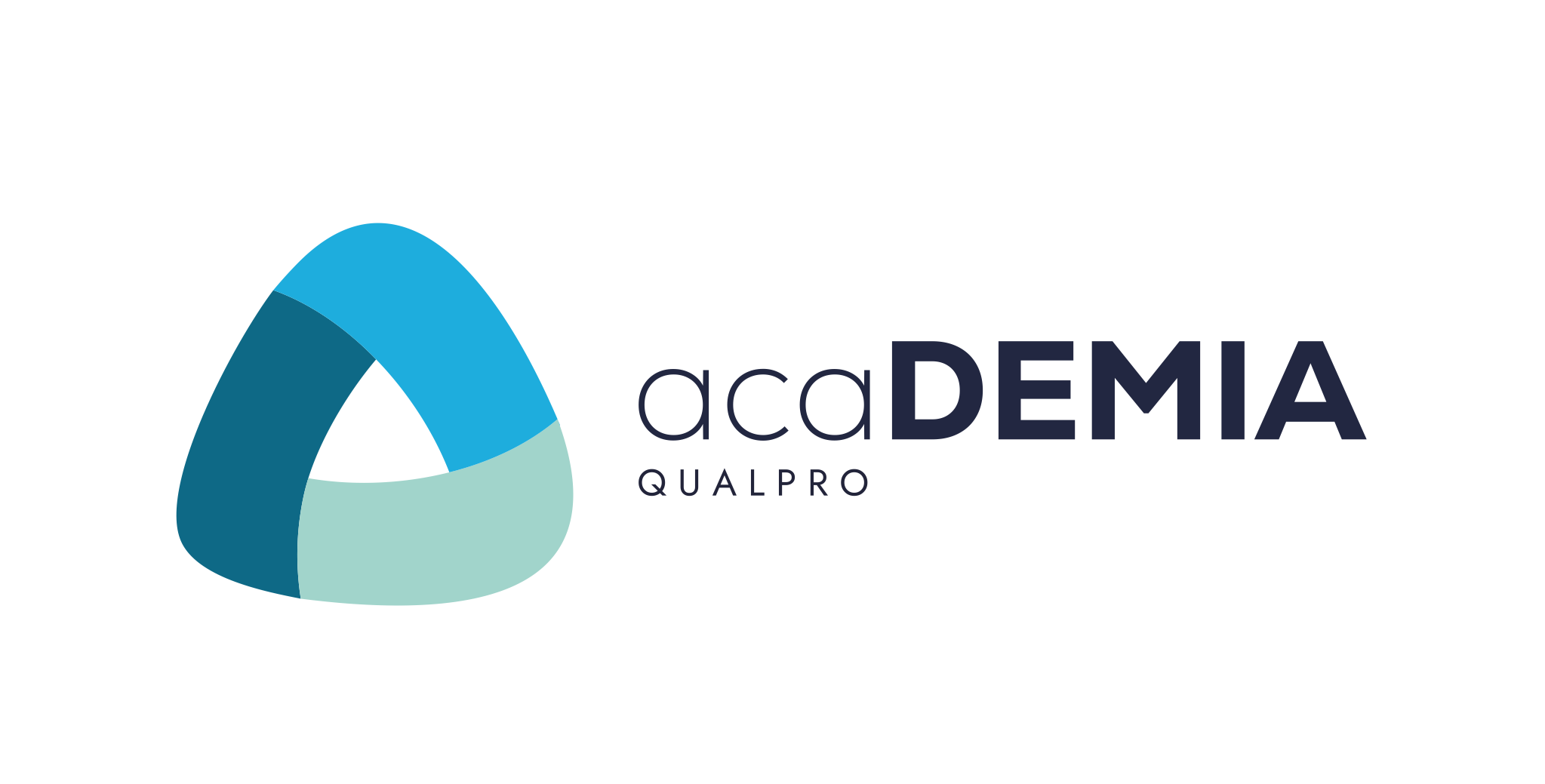The COVID-19 pandemic has completely changed the perspective of the hospitality market. Government restrictions and a general sense of threat among citizens led to fewer guests using hotel services. Hotels double and triple their efforts to regain lost guests and ensure their profitability. But there is a certain step you must avoid. If you do this, you can harm not only your property but also the entire industry in the long run.
Don’t shoot yourself in the foot…
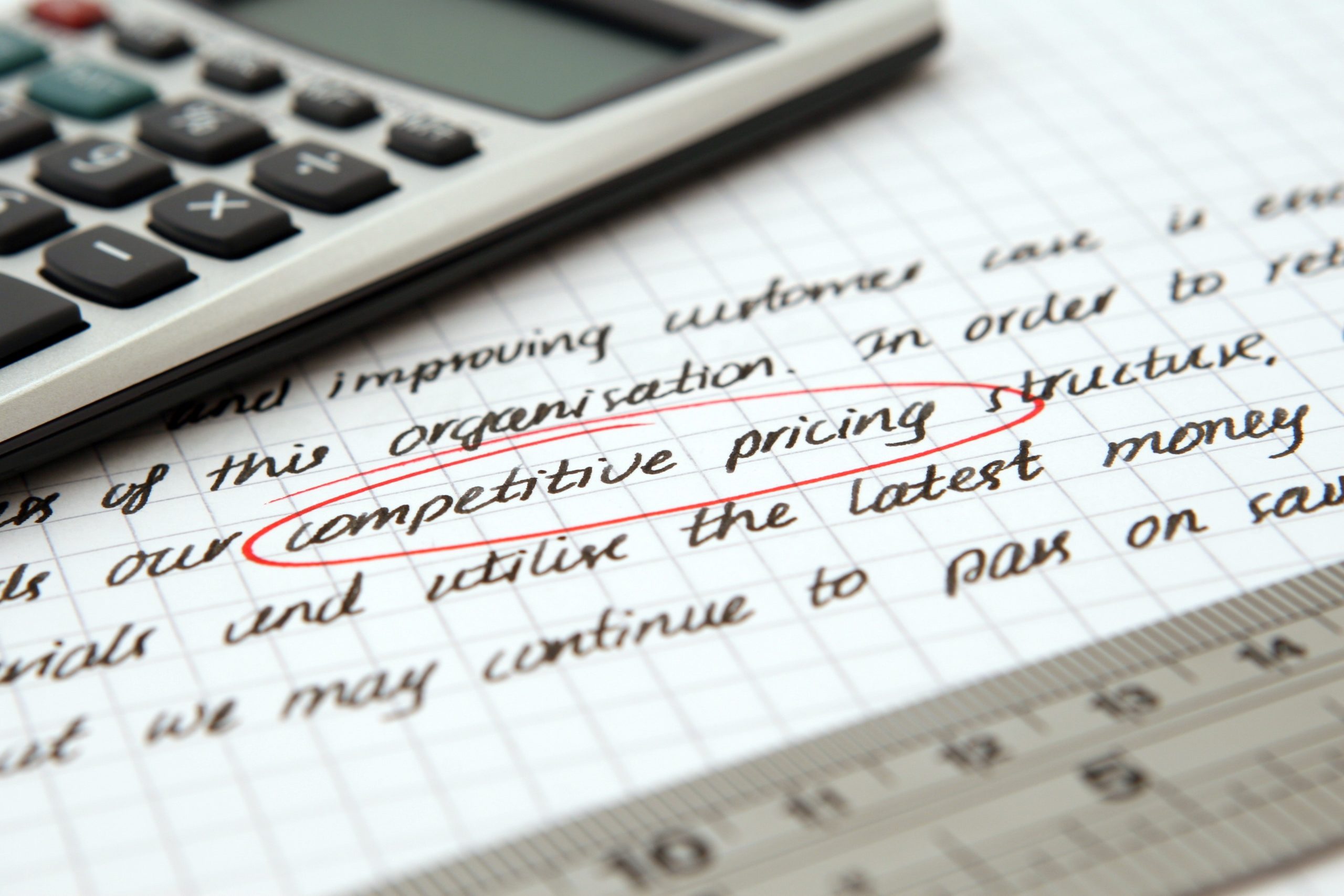
By this big “DON’T”, we mean the practice of excessively reducing prices for hotel services. Under normal circumstances, lowering prices to increase occupancy is one of many pricing strategies. You can safely reduce prices as long as increased occupancy rates are followed by the same or increased levels of RevPAR. Unfortunately, obtaining occupancy by reducing prices can currently lead to a decrease in price levels. How so? COVID-19 has greatly limited the demand – hotels are competing for a smaller number of guests. What is more, the supply (the number of hotels) remains more or less at the same level. Naturally for the economy, this causes prices to fall. However, if all hotels significantly lower their prices, they might start a price war. Fighting in such a war means that you will reduce your RevPAR even further because the increased occupancy won’t compensate for the price reductions. This can even lead to selling services below the cost of providing them, that is, you will still generate losses. Companies that used to win price wars did not have many competitors, yet they had huge financial reserves. But hotels have many competitors, and the pandemic has certainly depleted their financial resources. Thus, a price war can result only in one thing for hotels – bankruptcy.
…with a rifle
In addition to the short-term consequences, there are also long-term effects – a decreased perception of the hotel value. Guests may think that since hotels are selling their rooms at low prices, they either provide poor quality services, or their services used to be overpriced. Besides, guests will quickly accept lower price levels, so it will be difficult to accustom them to higher levels after the pandemic. Anna Gasińska, the Regional Director of IGHP [the Chamber of Commerce of the Polish Hotel Industry] for Lesser Poland, warned everyone during an interview for the August issue of the “Hotelarz” [“Hotelier”] magazine that “no one takes into account the depreciation of the hotel brand of the properties, and it will be difficult to convince the guest to pay several hundred zlotys [PLN] more for the same room.” The future return to the price levels as before the pandemic will have to be gradual so as not to discourage the guests. It may take several years, supposing that it ever happens.
Proven inefficiency
Our advice isn’t based on pure speculation. We have gathered data showing that the price war hasn’t brought the desired effects. Let’s take a look at the figures for hotels for the period between the first and second lockdown (May-November 2020). STR provides data for Poland in June – occupancy at 17.3%, ADR at EUR 62.6 and RevPAR at EUR 10.8 – and in September – occupancy at 37.7%, ADR at EUR 57.6 and RevPAR at EUR 21.7. The data shows that although the occupancy rate and RevPAR significantly increased, ADR still dropped. This means that despite the increase in occupancy, there is a gradual loss of revenue. These numbers most likely result from a price war. To finally confirm the adverse effects of this situation, we will consider one of the most affected markets in Poland – the Cracow market.
Cracow is going to war
During the aforesaid interview, Anna Gasińska confirmed the ongoing price war in Cracow. It is a major Polish city, very popular with foreign tourists and business guests. Let’s analyze the figures for Cracow for May-September 2020:
| Cracow/month | V | VI | VII | VIII | IX |
| Occupancy (%) | 2.1 | 6.9 | 18.3 | 27.9 | 22.4 |
| ADR (EUR) | 63.6 | 53.8 | 52.6 | 51.6 | 52.6 |
| RevPAR (EUR) | 1.3 | 3.7 | 9.6 | 14.4 | 11.7 |
source: STR
While remaining deprived of foreign tourists, Cracow plunged into a price war because hoteliers were trying to compensate for losses from the previous months. While we are seeing rising occupancy and RevPAR rates, the ADR rate is mostly falling. The ADR index reduction despite rising occupancy indicates significant falls in room prices. On the other hand, the costs are rising because hoteliers need to maintain a larger number of rooms. Although hotels are fighting for customers through pricing, they are actually incurring losses.
Those who cannot remember the past…
To prove the slow pace of price level recovery, we would like to present historical data for Cracow. The economic downturn of 2009 (resulting from the Great Recession) had an adverse effect on the global hospitality industry. Most business events were canceled, foreign guests resigned from their hotel stays and the overall financial performance of hotels worsened. Colliers International reports that Cracow recorded the average results of occupancy at 67% and ADR at EUR 72 in 2009. It is a significant decrease compared to 2008 with an occupancy rate at 73% and ADR at 82 EUR. In the following years, hotels experienced a slow increase in occupancy and ADR. Figures best illustrate the situation.
| Cracow/year | 2008 | 2009 | 2010 | 2011 | 2012 | 2013 | 2014 |
| Occupancy (%) | 73 | 67 | 58 | 63 | 68 | 73 | 74 |
| ADR (EUR) | 82 | 72 | 73 | 65.5 | 76 | 72 | 75 |
source: Colliers International
The data conclusively shows that although occupancy mostly increased, ADR remained more or less at the same level. This index began to rise after 2014. However, the growth was fairly slow. We cannot actually say that the situation returned to pre-crisis levels. The last year in which we had little contact with the pandemic was 2019. Data from STR shows that in 2019 hotels in Cracow could enjoy an average occupancy rate of 72% and ADR at the level of EUR 72.5. Although the economy stabilized, Cracow recorded that the average ADR results didn’t actually exceed those from 2008. The occupancy rate was also growing very slowly. In other words, lowering prices does not bring great benefits, but its consequences may haunt the industry for years.
Chin up!
We must learn to function in this new world because it won’t change for quite a while. Experts say that the pandemic will end no sooner than in December 2021. You must remember that your hotel and your services aren’t worth less because of the pandemic. Times have become difficult for the hospitality industry, and some hotels may not actually survive. But don’t give up and keep in mind both the profitability and the image of your hotel. At this moment, the most important skills are flexibility and adaptability. This means that even if you are accomodating fewer guests, you have more work than ever before! We hope that hoteliers survive the crisis and help their hotels flourish afterward. We also want to support you in practice – soon we will publish proven tips to aid you in these difficult times.

